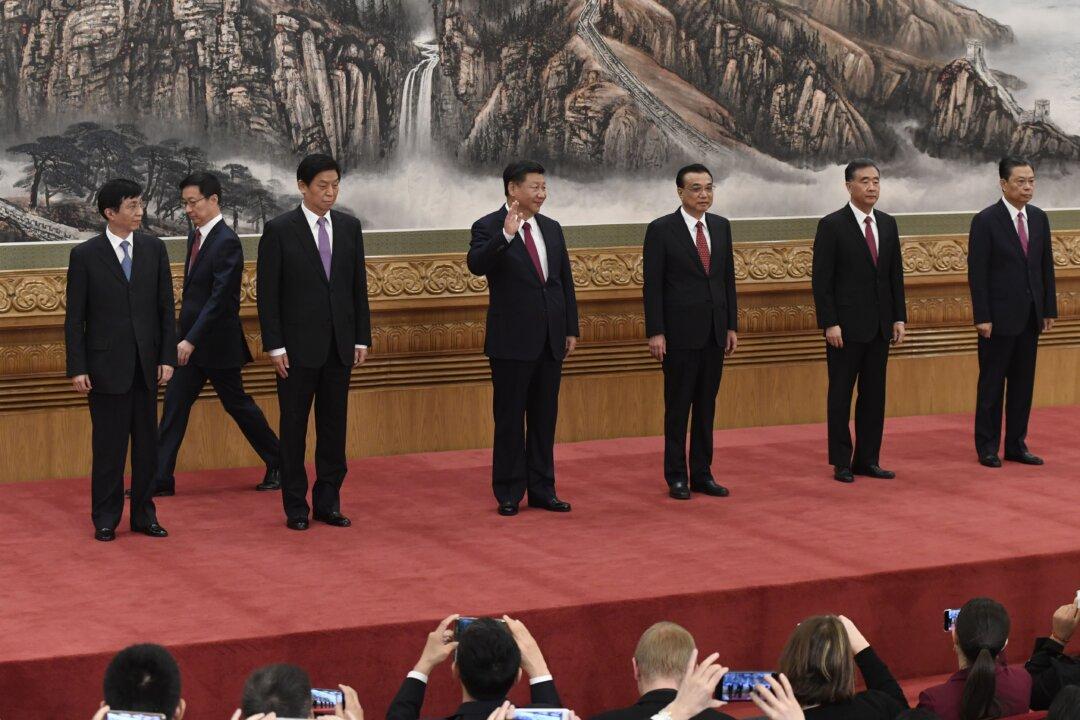In a meeting of Chinese leader Xi Jinping and the Politburo, where top Chinese Communist Party officials discussed the regime’s biggest challenges, the political body called for “six stabilities,” in the areas of employment, finance, foreign trade, foreign investment, domestic investment, and development targets, according to CCP mouthpiece Xinhua.
In Xinhua’s 860-character report about the Oct. 31 meeting, the word “stability” appears 16 times.





